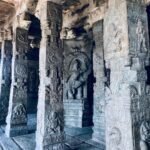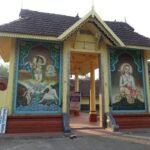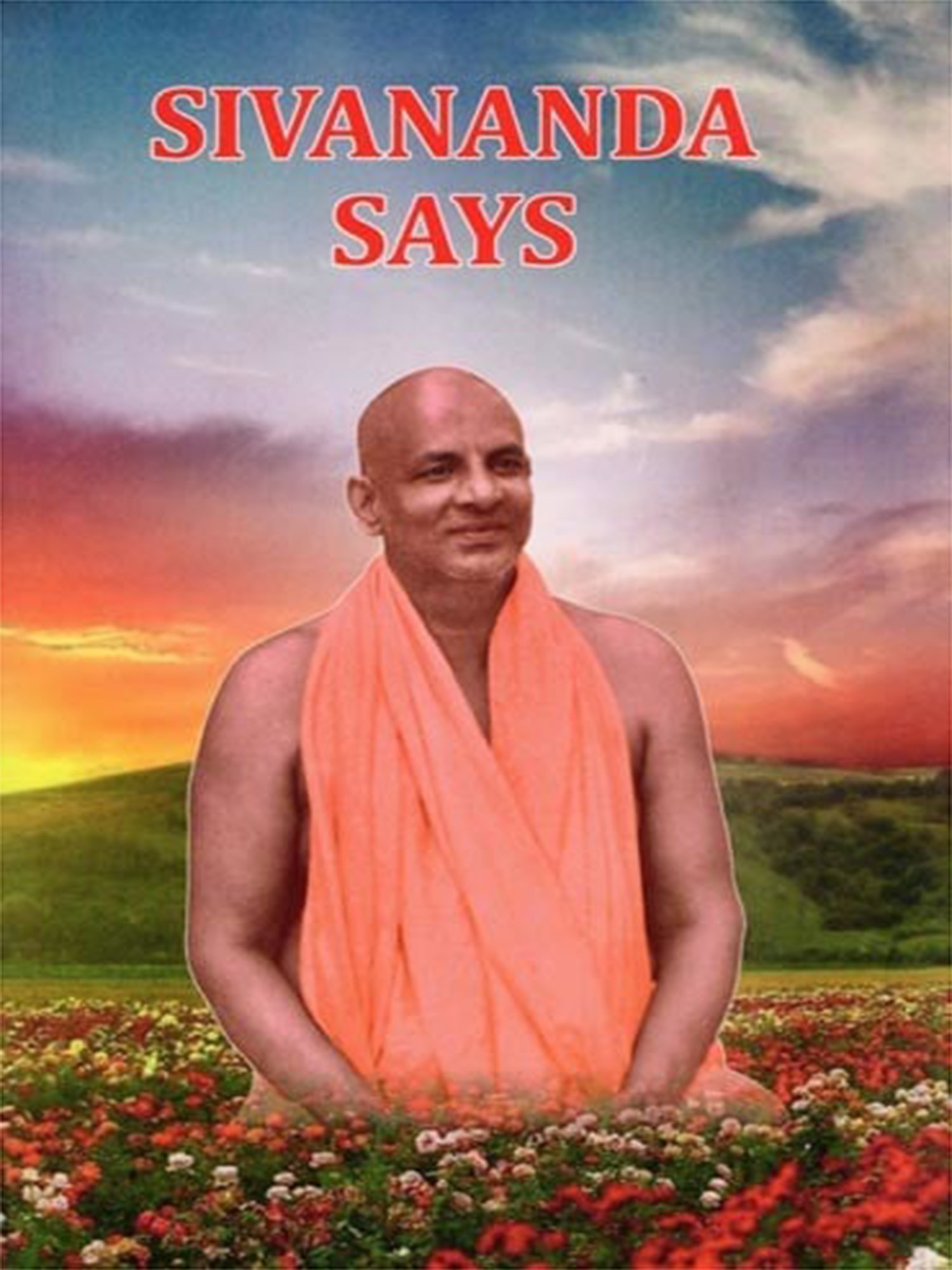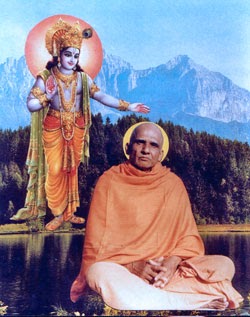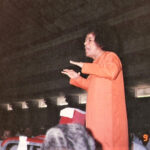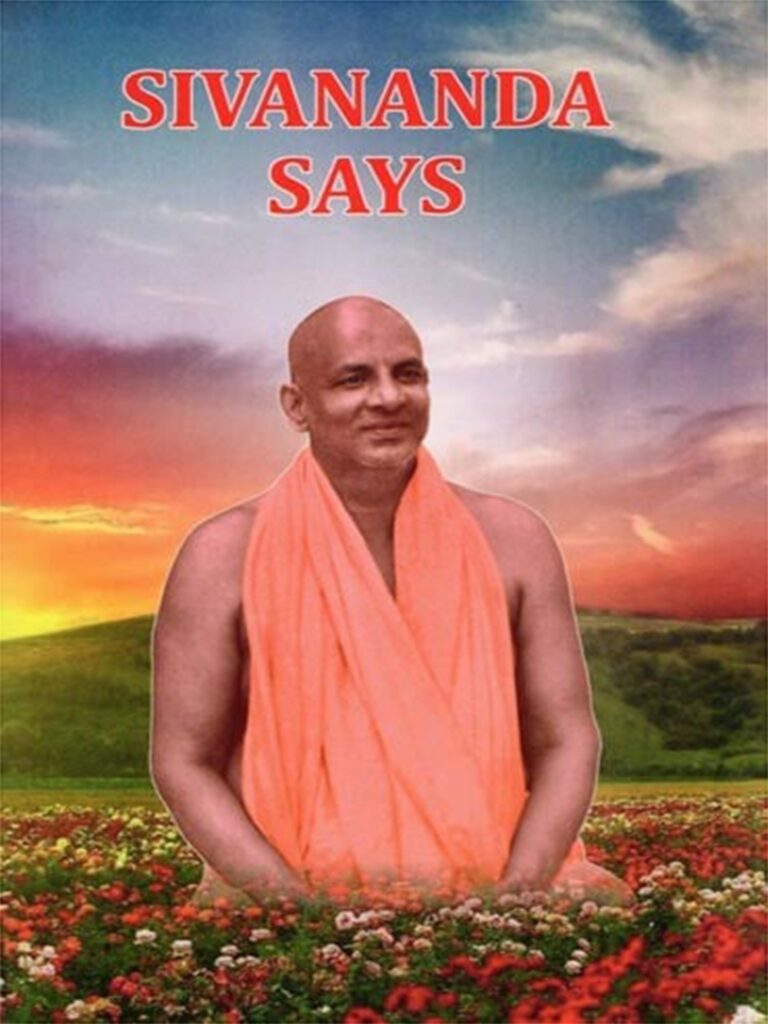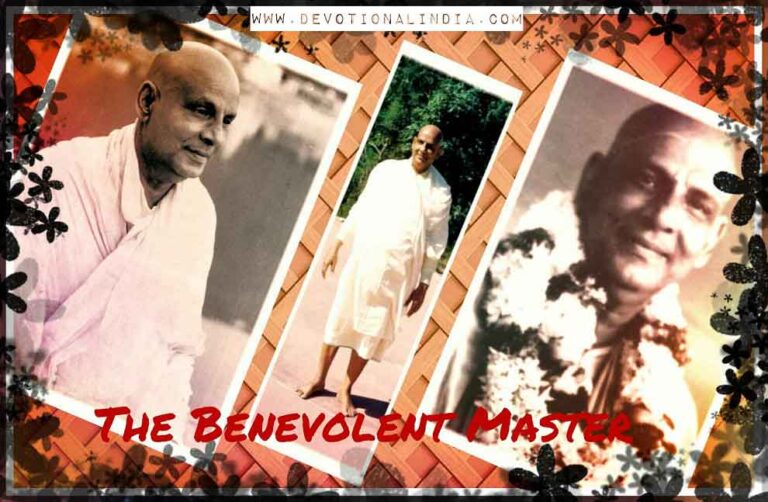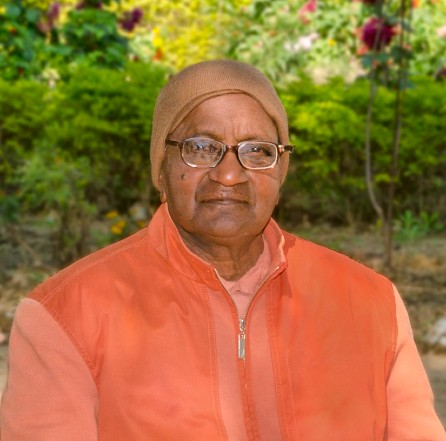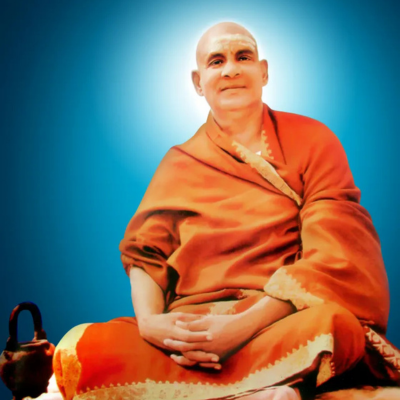Summer Showers in (2000)
Summer Showers in (2000)

Summer Showers in Brindavan 2000: Divine Discourses is a collection of 15 lectures delivered by Bhagawan Sri Sathya Sai Baba during the Summer Course on Indian Culture & Spirituality, Brindavan, commencing on 15 May 2000. These discourses address the inner life of the student, the nature of true education, virtues, and how one can steadily walk the spiritual path in daily living. The book is structured so that each discourse builds awareness: of the body, mind, devotion, and the virtues necessary for spiritual growth.
The first lecture, “Seek Educare Instead Of Just Education”, distinguishes between education in the conventional sense — the mere accumulation of information or qualifications — and educare, which is education that cultivates the character, soul, moral vision, and inner strength of the individual. Baba stresses that true education should produce more than professionals; it should produce good human beings who are compassionate, truthful, humble, righteous.
Other important discourses include “The Sanctity of the Five Elements”, where Baba reminds that Earth, Water, Fire, Air, Ether are not inert and external, but sacred supports of life. Respecting, protecting, and understanding them is part of one’s spiritual duty. In “The Human Body And Its Importance”, he highlights that the body is a temple; it must be treated with respect (cleanliness, discipline, moderation). If one abuses the body, one damages the instrument through which spiritual progress is made.
In “Preyas and Sreyas – What We Seek And What We Ought To Seek”, Sai Baba examines two paths: one of immediate pleasure and gratification (Preyas) and the other of higher good and lasting bliss (Sreyas). He urges students to choose what leads to permanent welfare and spiritual fulfilment. Also, “Kshama, The Grandest And Noblest Virtue” is a discourse dwelling on forbearance: forgiveness, patience, letting go of anger, forgiving wrongs, and cultivating peace in the heart.
Devotion figures prominently: in “The Exalted Nature of Devotion”, “How To Become Dear To The Lord”, and “Always Chant The Name Of The Lord”, Baba emphasizes that love and remembrance of God are powerful sadhanas (spiritual practices). He gives instruction on how daily chanting or the remembrance of the Divine Name purifies the heart and draws one closer to God.


